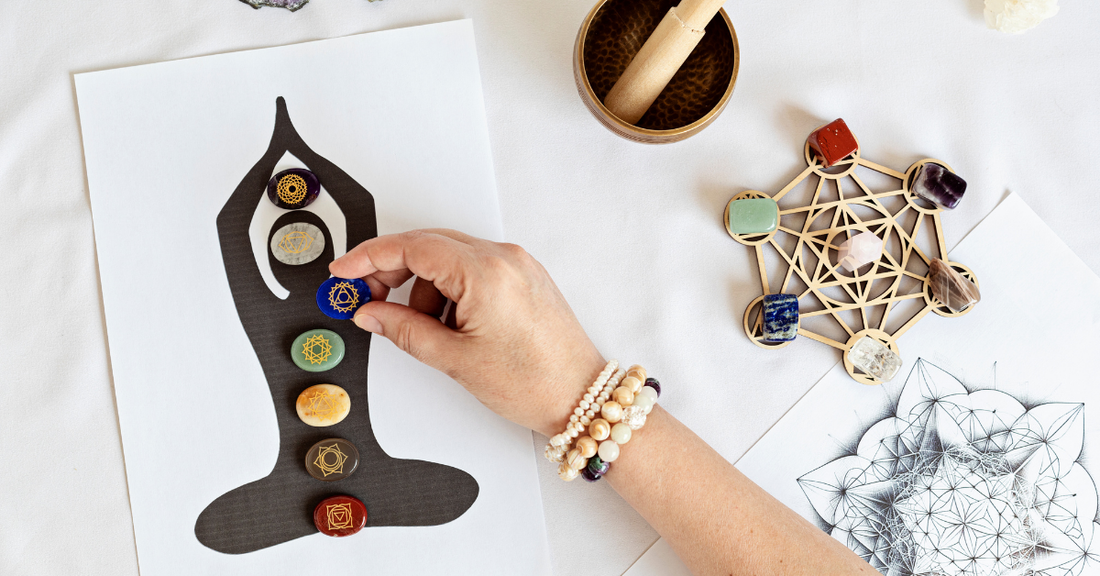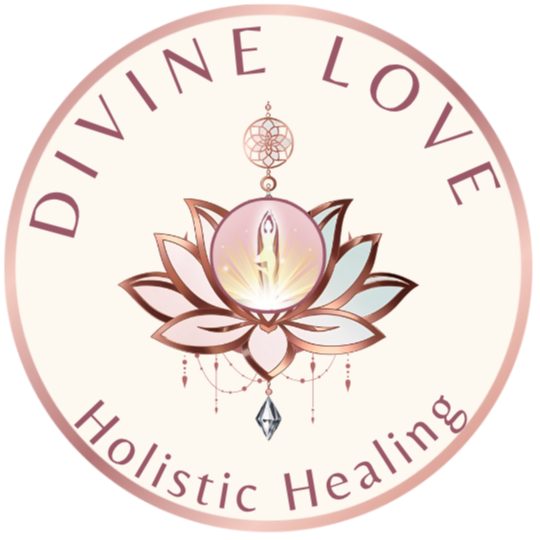
The Science Behind Reiki: Exploring the Evidence Behind Energy Healing
Share
Can Science Explain Reiki? Here’s What the Research Says
Reiki is often described as “mystical” or “woo-woo”—but did you know there’s actual science exploring how and why it works?
Whether you’re a curious skeptic or a longtime believer, this blog dives into what researchers have discovered about Reiki, and why more people (and even hospitals!) are paying attention.
⸻
What Is Reiki, Exactly?
Reiki is a gentle, hands-on (or hands-near) energy healing practice that originated in Japan. The idea is simple: everything is energy, and when your energy is balanced, your body, mind, and spirit feel better.
During a session, a practitioner channels universal life energy through their hands to help restore balance, ease stress, and support the body’s natural healing abilities. You might feel warmth, tingling, deep peace—or simply feel relaxed, like after a great nap.
⸻
“But Is There Any Science Behind It?”
Actually… yes! While Reiki may not fit neatly into a test tube, there’s growing evidence that something measurable is happening. Here’s what we know so far:
⸻
1. Reiki Helps You Relax (Deeply!)
Studies have shown that Reiki activates the parasympathetic nervous system—your body’s “rest and digest” mode. This can lower your heart rate, reduce blood pressure, and calm stress hormones like cortisol.
In a 2019 review published in the Journal of Evidence-Based Integrative Medicine, researchers found that Reiki significantly reduced anxiety and stress across several different patient groups.
⸻
2. It May Reduce Pain
Some hospitals now offer Reiki to cancer patients or those recovering from surgery—not as a replacement for pain medication, but as a support tool.
A 2014 study in Pain Management Nursing reported that Reiki helped ease pain intensity, especially when paired with conventional care.
⸻
3. It Boosts Emotional Well-Being
In one study from Integrative Cancer Therapies, patients receiving Reiki experienced less fatigue, anxiety, and depression—and reported feeling more hopeful and emotionally balanced.
Let’s face it: feeling emotionally better is a huge part of healing.
⸻
4. Heart-Brain Connection? Maybe.
Early research suggests Reiki might improve heart rate variability (HRV)—a marker of how well your nervous system handles stress. Better HRV = better resilience and recovery.
⸻
So… Is It “All in Your Head”?
Not quite. While Reiki’s effects may include a strong placebo component (which is still real healing!), studies are showing physiological shifts, not just “positive thinking.”
Plus, we’re only beginning to understand the human energy field (or biofield). Just because we can’t fully explain it yet doesn’t mean it isn’t working.
⸻
The Bottom Line
Reiki might not be a magic cure—but science is starting to catch up to what many of us already know:
👉 When your energy is in balance, everything flows better.
👉 Relaxation is medicine.
👉 Healing is physical, emotional, and energetic.
And yes, Reiki is part of that journey.
⸻
Curious to experience it for yourself? Here are options to get you started:
- Enjoy a complimentary session, by booking here
- Sign up for our Newsletter, The Divine Journal to continue learning
-
Contact Us here
References:
